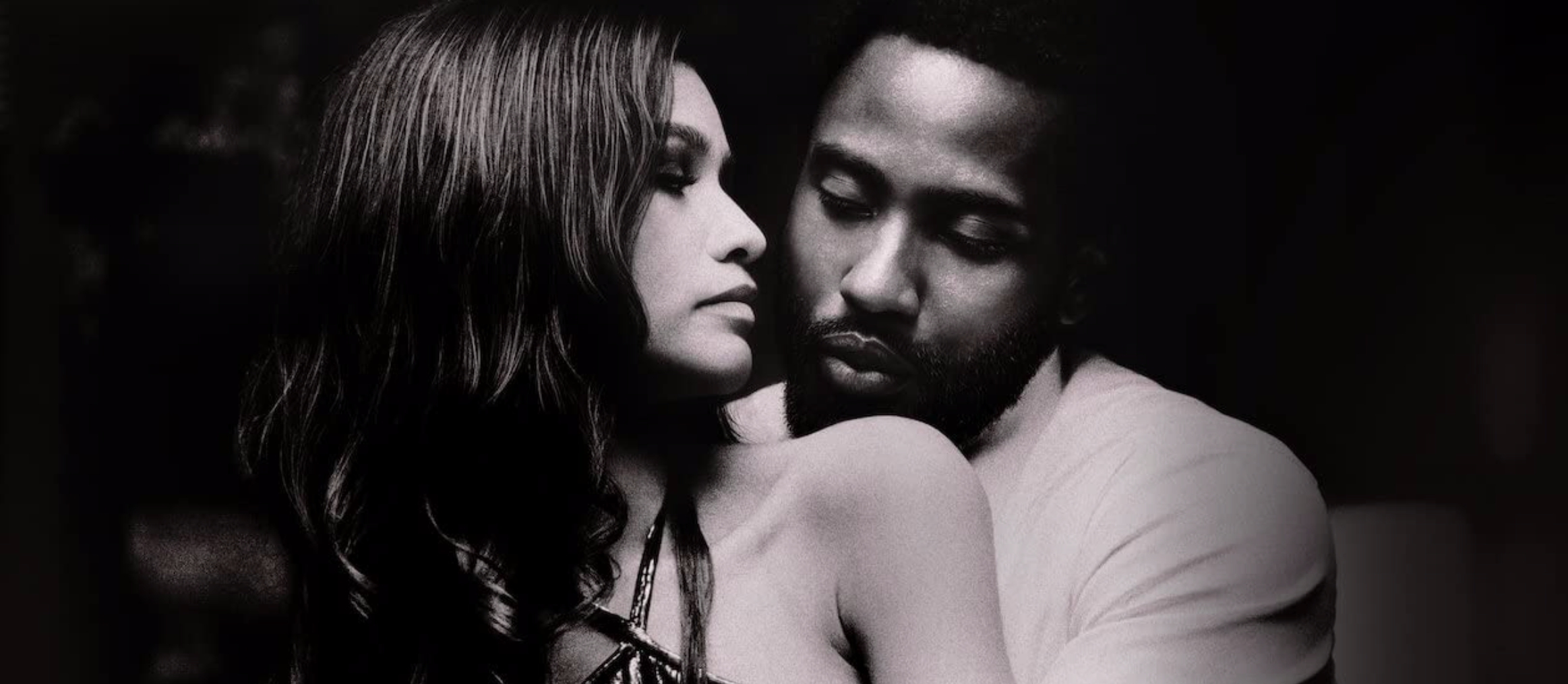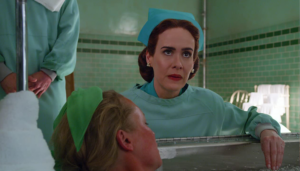The phenomenally high expectations surrounding the first quarantine-produced film Malcom & Marie set the audience’s hopes far too high for the actual outcome. With a cast of just two—albeit a fiercely competent duo—the movie attempts, and ultimately fails, to achieve the reputation of being a deeply complex and relevant ode to the Old Hollywood era via grueling diatribe. Malcom, an obstinate partner and director, is played by the spectacular John David Washington, and Zendaya, in her starring role, plays his loyal and passionate girlfriend Marie. With such star power backing this film, it’s a surprise that such a talented and established set of actors bit off more than they could chew with this story. The movie gives the audience a front row seat to a long night in Malcom and Marie’s life; at the beginning of the movie, the couple have just arrived home from Malcom’s directorial debut film premiere—the movie that will jumpstart his career. Essentially, Marie is angry at Malcom for forgetting to thank, or even mention, her in his speech at the festival. Marie is rightfully angry as it was her life story Malcom arguably used as the basis for his movie. This argument snowballs into a long night of consecutive monologues that are spit back at each other, revealing red flags that make the audience question the health of the couple’s relationship. Unfortunately, these scenes also have the effect of making the audience wonder why they are continuing to watch such a one-dimensional dialogue; there is little to no opportunity for the audience to interpret the film because the actors are directly feeding them the messages the director wants them to reflect on. The only thing the dialogue achieves is a mutual acknowledgement of the destructive nature of Malcom and Marie’s relationship within the last ten minutes of the film.
With a black-and-white color scheme that perpetuates the old Hollywood motif, director and writer Sam Levinson, the creator of Euphoria, uses Washington’s character to express his own personal feelings about the entertainment industry, film critics, and the internal creative process of filmmaking. Through Malcom’s raw, yet narcissistic, monologue, he details his frustration with film critics who fail to interpret the true intentions of filmmakers when creating movies. In an interview with Esquire, Levinson states that some critics use their criticism and opinions on films to further their own “importance” and agendas. However, in this same interview, Levinson adds that this piece of the movie conveys a significant message to the audience: anybody who is unable to receive feedback is unable to grow as a human being and practitioner of their craft. In all honesty, the movie pushes the audience members’ limits in terms of patience needed to watch the movie all the way through, for the same themes and iterations of lines are performed over and over again until the end. A Rolling Stone article reviewing the movie rightfully declared that anyone could stop watching the movie at the twenty-minute mark and would get just as much out of the film as someone who watched the entirety of it.
Yes, the cinematography is breathtaking and distinct. Yes, the movie delves into a wide range of highly relevant and vulnerable topics, covering themes like humanity, toxic romance, drug abuse, and the pursuit of dreams. However, the execution leaves the audience feeling underwhelmed. People yearn to watch movies that awaken their emotions, make them feel understood and entertained, or even help them learn a lesson or two about the shared human experience that is life. Instead, Malcom & Marie feels like an hour and forty-six minutes of lost time, leaving the audience hopeless about life, love, and the trust we put in Hollywood’s artistry.





